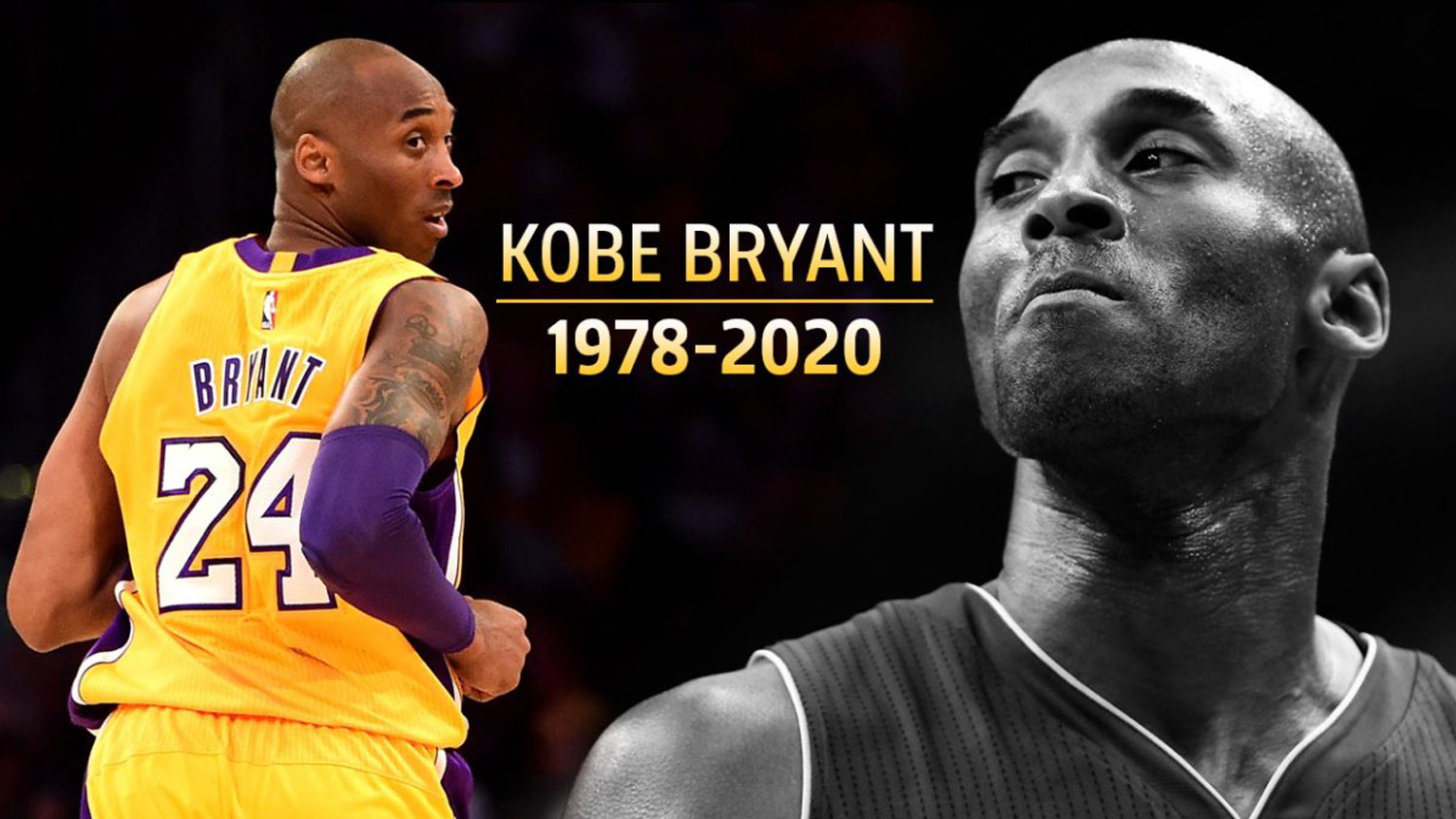It hit me like a dull thud in the chest. Then the sharp thrust at the sudden surprising loss, followed by roiling crescendo of grief for his family. That’s how the news of the deaths of Kobe Bryant and his young daughter Gianna felt.
It’s because he was so young, and she was a child. It’s because we could all imagine the moments of terror preceding the crash of the helicopter.
It’s because millions around the world looked up to him, identified with his meticulous drive, his relentless work ethic, his heart of a champion, his brilliance and aggressiveness on the basketball court, his sunny smile off it.
He was open with his failures as well, and there was a huge one that created a before (the rape charge) and after fissure in his reputation. One of my friends used to remind her teenage son whenever he was going out on a date to “Remember Kobe!” When the teenage hotel employee accused Bryant of rape, his shame was public and palpable. We cringed at the details. Women everywhere empathized with his wife. The young woman in question saw her character and life choices dragged through the mud in an intensely awful smear campaign.
Bryant proclaimed his innocence, saying the sex in his hotel room was consensual. But when they settled out of court a year later he issued a public apology. Not the fake “I’m sorry if you were hurt” kind, where the apologist manages not to take any responsibility for the damage they caused.
He said that he’d read the trial records and listened to the young woman’s testimony. That was when I think he finally realized that while she may have said no, he did not really hear it. I think the assumptions many men (especially famous or powerful ones) have that any woman is there for the taking if they want her blinded him to the real nature of their interaction. Long before “Me Too” Kobe served as the poster boy for the inherent abuse of the power imbalance between men and women writ large on the national stage.
I’ve heard it said that we die when we have fulfilled our life’s purpose. Although we can imagine the kind of post basketball second life Kobe would have carved out for himself, the beginnings of which were just emerging, I can already see the great good he has done.
He was one of the Spartan 300 on the court, an invincible warrior who, as professional athletes do, allowed millions of fans to vicariously fight on the battle fields of our own lives through his fall away jumpers and satisfied backpedaling down court. We joined the legion of fans throughout millennia expressing our national spirit and fierce home town loyalty through our favorite sports teams and their star players.
We looked keenly to see how he’d navigate a new life off the court and out of the spotlight, for clues on how we might successfully shift our focus from our longtime careers when our own time came. How could we be as focused, as useful, as fulfilled? He was just beginning to show us.
We may think of the death of Kobe Bryant and all those in the helicopter with him as an untimely tragedy, one without reason or justification.
But everything and everyone is on its way to somewhere. The moments of birth and death are not the starting and ending of something, they are merely portals on a continuum of being and becoming.
The commitment to our life’s purpose that we make before we are born in a human existence we spend our lifetime stepping into and living out. Sometimes the talent is evident from early on, and we pursue it to its farthest edges like a lion chasing a wounded gazelle as Kobe did.
For others of us it is a slow unfolding, the path shrouded in fog. Many give up without finding it. Many never even see the illuminated path to begin with. In 41 years, Kobe packed a doctoral program’s worth of living for us to now review and use as an inspiration and road map.
Kobe knew he was gifted. He was grateful for his gifts. And to prove it, he made sure he never wasted a moment in his use of them. May we, when our time comes, be able to do the same.
The King is dead. Long live the King.






